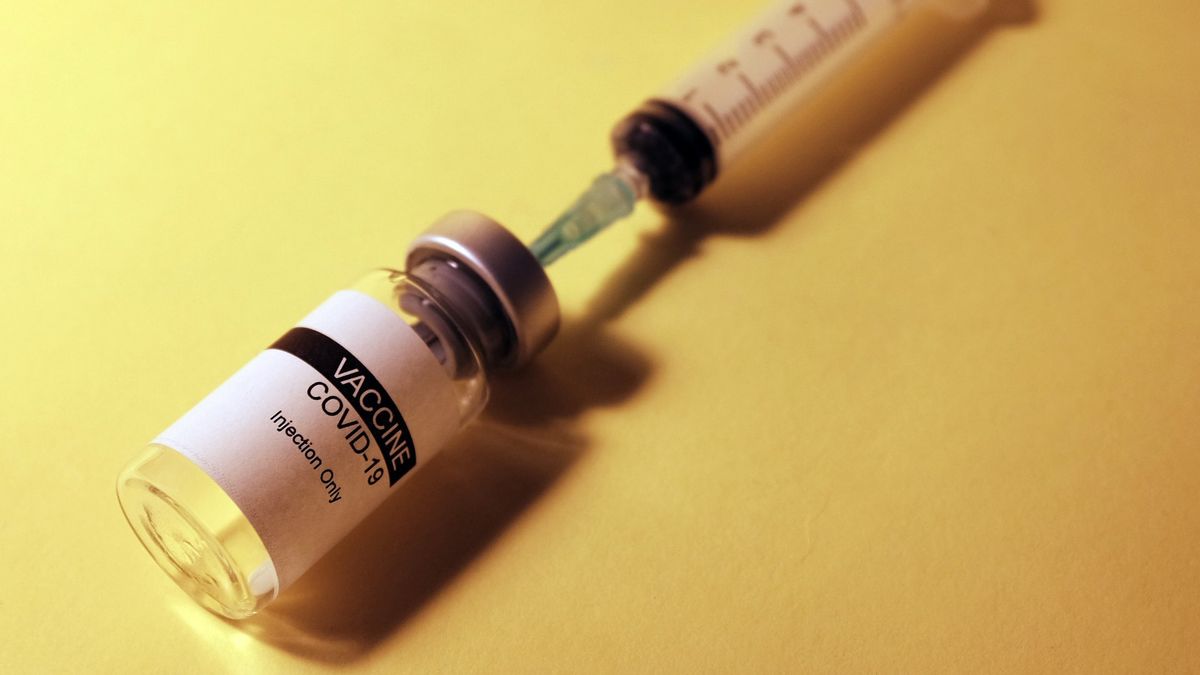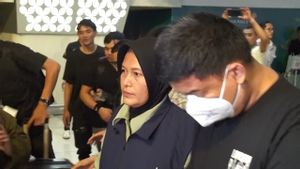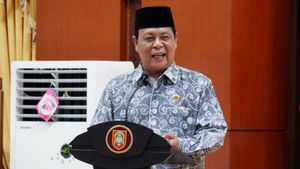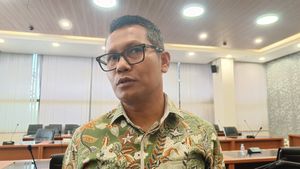JAKARTA - Spokesperson for the COVID-19 Task Force, Wiku Adisasmito, acknowledged that the mutation of the corona virus could affect the efficacy of the vaccines currently being produced by a number of countries.
However, Wiku did not mention how much the reduction in the efficacy of the COVID-19 vaccination in dealing with the new variant of COVID-19.
"WHO, based on studies conducted by several researchers, states that several variants have a slight to moderate effect on the efficacy rate of each vaccine in positive cases with certain variants," said Wiku in the Presidential Secretariat's Youtube show, Tuesday, June 1.
Wiku explained that the B117 variant affected the efficacy of the AstraZaneca vaccine. The B1351 variant affects Moderna, Prfizer, AstraZaneca and Novavac vaccines. While the P1 variant affects the efficacy of Moderna and Pfizer. Meanwhile, the B1617 variant affects Moderna and Pfizer.
"This is because the existing vaccines still use the virus or the original variant found in Wuhan, China," said Wiku.
Even so, WHO also states that the effect of variants on efficacy is still temporary and can still change depending on the results of further studies that are being carried out.
Fortunately, the virus mutation did not reduce vaccine efficacy below 50 percent, which is the WHO-tolerated minimum threshold for a viable vaccine product. In fact, some of the vaccines still have efficacy above 90 percent.
To anticipate this, said Wiku, it is necessary to implement various solutions in parallel and collectively.
First, streamlining the testing and quarantine of travelers in order to suppress the increasing number of incoming variants. Because currently detected based on WGS are 4 out of 8 variants due to COVID-19 mutations.
"Second, fully activate the WGS to determine the exact distribution, and can be the basis for specific control policies according to regional risks," he said.
Third, enforcement of health protocols in all sectors and now activities to reduce the chance of the emergence of new variants or combinations with existing cases in Indonesia. Because in principle, mutations will become more massive, when transmission in the community is also high.
Fourth, continue vaccination. Because the vaccine used today is still quite effective. Both to prevent disease, and avoid severe symptoms in positive cases.
"Please all regional leaders, officers in the field to re-evaluate the policies implemented. Because these solutions will not be effective if there is no cohesiveness in carrying them out," concluded Wiku
The English, Chinese, Japanese, Arabic, and French versions are automatically generated by the AI. So there may still be inaccuracies in translating, please always see Indonesian as our main language. (system supported by DigitalSiber.id)













